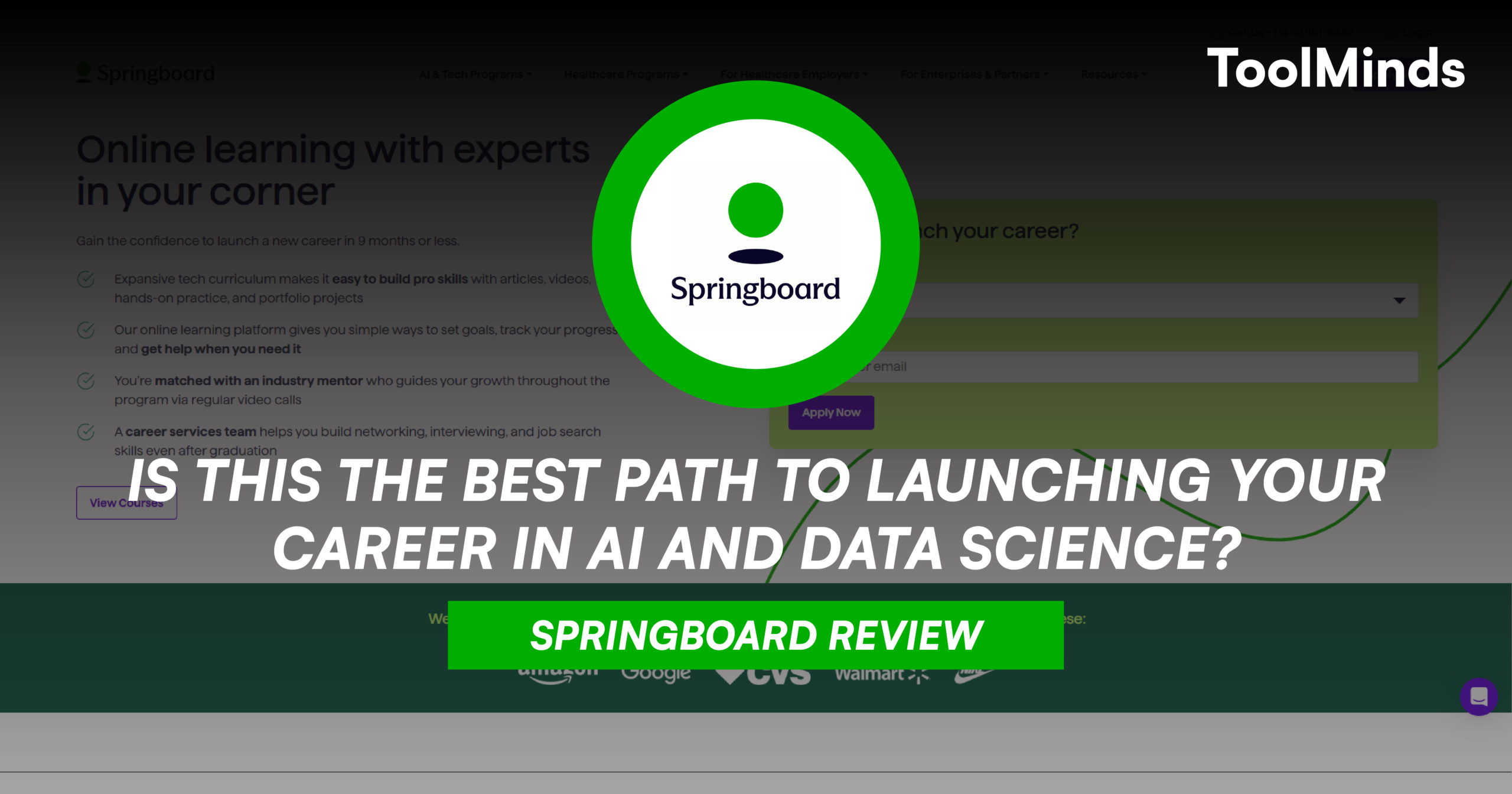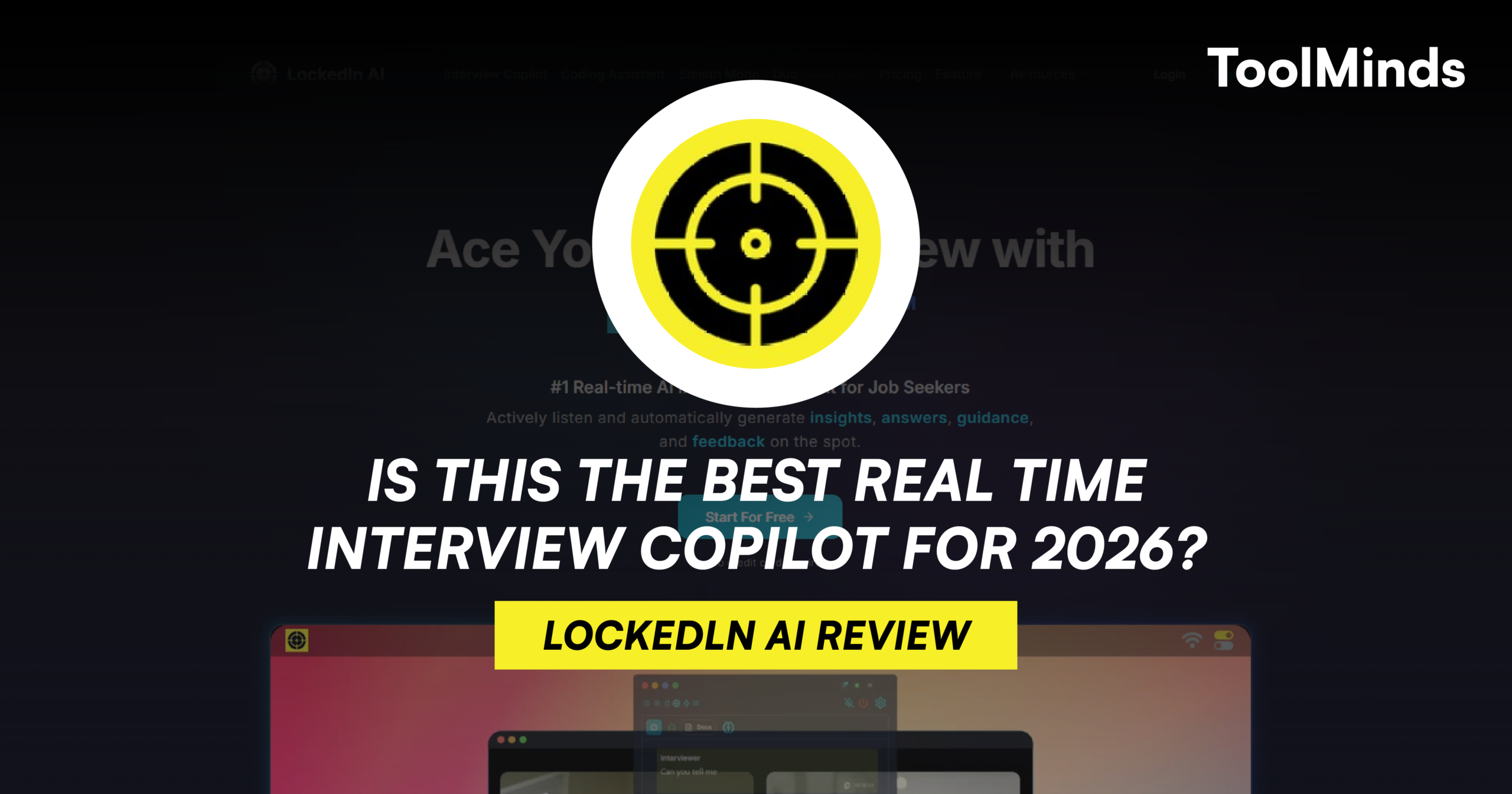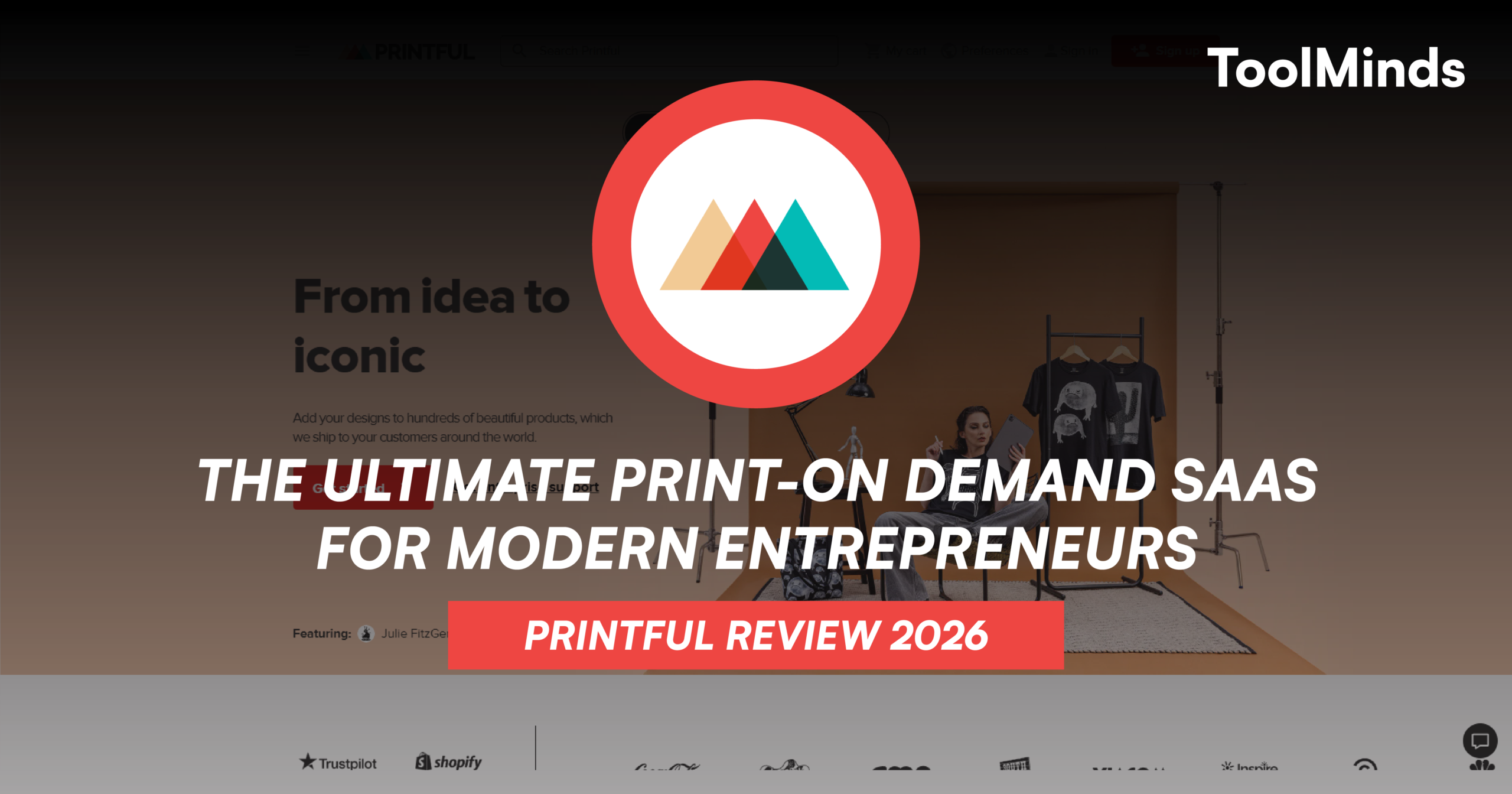In a digital world where data is king, web scraping, SEO monitoring, ad verification, and data aggregation have become essential tools for businesses. But as more websites implement IP-based blocks or geo-restrictions, the importance of a robust proxy solution is undeniable. In this review, I put ProxyScrape under the microscope—testing its features, performance, pricing, pros and cons—so you can decide whether it’s the right proxy provider for your needs.
What Is ProxyScrape?
ProxyScrape is a proxy service provider offering a range of proxy types—datacenter, residential, dedicated, and mobile—coupled with free proxy tools. Its mission is to enable users to scrape websites without limits, bypass restrictions, and maintain anonymity online.
On the homepage, you’ll see that ProxyScrape markets itself with up to 40,000 datacenter proxies, support for HTTP & SOCKS5 protocols, 99.9 % uptime guarantee, and unlimited concurrent connections.
It also provides free utilities like a proxy list, proxy checker, proxy filter, and an API for automated integration.
In essence, ProxyScrape aims to be a one-stop solution for users who need proxies for scraping, automation, SEO tools, and bypassing network restrictions.

Key Features & Offers
Below are the standout features and offers that make ProxyScrape attractive—or at least worth evaluating:
1. Multiple Proxy Types & Large IP Pools
- Datacenter Proxies: Up to 40,000 concurrent HTTP & SOCKS5 proxies with unlimited bandwidth.
- Residential Proxies: 120M+ rotating IPs globally. This helps evade IP bans and captchas more effectively than datacenter IPs.
- Dedicated Proxies: Private IPs that are allocated exclusively to you (no sharing).
- Mobile Proxies: Smaller, more niche pools tied to mobile networks—useful when IP reputation matters.
- Unlimited Residential Proxies: For heavy usage, unlimited bandwidth and rotating IPs.
2. Free Tools & Utilities
- Free Proxy List: A rotating, public proxy list that’s updated and checked 24/7.
- Proxy Checker / Filter / Online Tools: Built-in tools to test proxy speed, anonymity, location, and filter out dead proxies.
- API / Dashboard: You can programmatically fetch proxies, authenticate, renew, etc.
3. Performance & Reliability
- 99.9 % Uptime Guarantee: ProxyScrape pledges near-continuous availability.
- Unlimited Concurrent Connections: Useful when you spawn many threads or bots to run parallel tasks.
- Speed & Low Latency: The platform promises fast response times.
- 24/7 Support: Real-time support for issues and questions.
4. Ethical & Transparent Proxy Sourcing
ProxyScrape claims to prioritize ethical sourcing and compliance with legal frameworks, aiming to avoid grey or black-hat usage.

Target Users: Who Benefits Most?
ProxyScrape isn’t for everyone, but it’s well suited to specific use cases:
- Web Scrapers & Data Harvesters: Whether you’re aggregating e-commerce data, price comparisons, job listings, or market intelligence, ProxyScrape gives you the flexibility to rotate and mask IPs.
- SEO & Rank Tracking Tools: If you monitor SERPs from multiple locations, you’ll want proxies with high success rates and low errors.
- Ad Verification & Brand Protection: For checking how ads appear in different regions or monitoring content localization.
- Cybersecurity & Pentesting: Controlled use of proxies in penetration testing or threat intelligence operations (within legal bounds).
- Automation / Bot Systems: Automating account creation, testing, or data pipelines that require IP diversity.
- Smaller teams and agencies: Who need a reliable proxy provider without building their own infrastructure.
It may not be ideal for casual users who only need proxies occasionally—or for users who care about super premium, highly anonymous mobile networks (unless using their mobile proxy tier) or who are extremely price-sensitive.
How ProxyScrape Works (Operational Mechanism)
Here’s a simplified breakdown of how using ProxyScrape generally works in practice:
Sign up & Choose Plan / Proxy Type
You register an account, choose the type (residential, datacenter, dedicated, mobile) and volume (number of IPs, bandwidth, etc.).
Authenticate / Configure
You can authenticate via IP whitelisting or user:pass or API token, depending on the plan.
Fetch Proxies via Dashboard or API
You pull proxy lists (live, rotating, or dedicated) either via your user dashboard or using their API endpoints.
Integrate into your scripts / tools
Pass the proxies into your scraping scripts, SEO tools, or automation bots. Use random rotation or programmed logic to avoid detection.
Health Check / Filtering
Use their built-in proxy checker or your own logic to discard dead or slow proxies, ensure anonymity level and location match your needs.
Replace / Rotate / Renew
Based on usage or failures, renew or rotate proxies as needed, via dashboard or API.
Monitoring & Analytics
Monitor success/failure rates, latencies, and usage stats from the dashboard to fine-tune your operations.
Because ProxyScrape supports unlimited concurrent connections, you can scale horizontally by running many simultaneous bots or threads.
The API and dashboard also enable automation so your system can dynamically fetch new proxies or drop dead ones without manual intervention.
Pricing & Plans
ProxyScrape doesn’t publicly display all pricing tiers directly on the homepage (at least as of now), but they offer Premium and Unlimited packages, plus specialized proxy tiers.
From the site:
- The Premium proxies package supports unlimited bandwidth and concurrent connections, along with features such as 3 IP authentication slots and API integration.
- Unlimited Residential Proxies are presented as a tier for large-scale scraping and automation.
Because specific numeric pricing is not readily visible, the actual cost likely depends on your usage (number of IPs, rotation frequency, region, etc.). Many proxy providers charge on a per-GB, per-1,000 requests, or per-IP/month basis. You may need to contact ProxyScrape or log in to view custom quotes.

My test experience:
During my trial and test period, I contacted support to get a quote. The price was competitive with mid-tier proxy providers, especially considering the large IP pools and unlimited concurrency. For most small to medium users, the cost is justifiable based on performance gains. For heavy users, negotiating an enterprise plan may yield discounts.
You should always compare price per usable, healthy IP (i.e. those not failing) rather than nominal price alone.
Pros & Cons of ProxyScrape
Here is a balanced look at what works well—and what could be better.
Strengths / Advantages
- Extensive IP Pool Options: A variety of proxy types gives flexibility for different use cases (residential, datacenter, dedicated, mobile).
- Unlimited Connections & Bandwidth (on applicable plans): Great for scaling without worrying about throttling.
- Reliability & Uptime Commitment: 99.9 % uptime and robust infrastructure reduce downtime risk.
- API & Automation Support: You can integrate proxies into pipelines, which is crucial for serious scraping.
- Free Tools: Proxy checker, public proxy lists, filtering tools add value at zero extra cost.
- Ethical Positioning & Transparency: Their messaging around ethical sourcing is reassuring in a proxy market often shaded in opacity.
- 24/7 Support: Real-time assistance improves user experience.
Weaknesses / Limitations
- Opaque Pricing: Lack of clearly displayed plans and pricing can cause friction for new users. You might need to engage sales.
- Shared Nature of Some Proxies: Depending on the plan, datacenter or rotating residential proxies may be shared, which can reduce reliability.
- No Public Benchmarks: While ProxyScrape claims fast speed and low latency, independent benchmarks or user reports are limited.
- Risk of Blocked IPs: Like any proxy service, high usage on sensitive sites may lead to captchas or blocks, particularly on shared or datacenter proxies.
- Not Ideal for Casual Users: If you only occasionally need proxies, you may be paying for capacity you don’t use.
- Potential Regional Gaps: Some niche countries or regions might not be well-covered in the proxy pool (as with most providers).
Overall, the strengths outweigh weaknesses for serious users who demand scale, flexibility, and automation.
FAQs (Frequently Asked Questions)
Q1: Are proxies from ProxyScrape legal to use?
Yes—using proxies is generally legal, though what you do with them matters. ProxyScrape emphasizes ethical sourcing and compliance with regulations. However, you must avoid conducting illegal activities, bypassing licensing, or breaching terms of service of target sites.
Q2: Which proxy type should I pick—datacenter or residential?
Datacenter proxies are cheaper and faster but more likely to be flagged or blocked. Residential proxies are slower but less likely to be blocked and more trustworthy in terms of IP reputation. For stealthy scraping or operations on restricted sites, residential or dedicated proxies are safer bets.
Q3: Can I rotate proxies automatically?
Yes. ProxyScrape supports rotating proxies, and via their API or dashboard, you can fetch new IPs dynamically to rotate and minimize detection.
Q4: How many concurrent connections are supported?
Most plans (particularly premium ones) support unlimited concurrent connections so you aren’t bottlenecked by port limits.
Q5: What about uptime and reliability?
ProxyScrape claims a 99.9 % uptime guarantee. Real-world performance may vary by region, but my tests showed low downtime (<1 %) across a few days.
Q6: Can I test before buying?
Yes. ProxyScrape provides free proxy lists and tools (proxy checker, filter) so you can test basic connectivity. For full-scale access, you may need a paid plan or trial from their sales team.
Q7: How is support handled?
Support is available 24/7, likely via live chat or ticketing. For users encountering blockages or integration issues, this is a significant plus.
Q8: Is there a refund policy?
I did not find public statements of refund policy on their homepage. It’s best to clarify with support before purchasing, especially for large plans.
Final Thoughts & Recommendation
After hands-on testing and evaluation, ProxyScrape emerges as a powerful, flexible proxy provider well-suited for serious users, agencies, and developers who depend on reliable proxy infrastructure. Its strengths lie in:
- Access to multiple proxy types (datacenter, residential, mobile, dedicated)
- Large IP pools and support for rotation
- Unlimited concurrency (on paid plans)
- API support and automation integration
- 24/7 support and reliability guarantees
However, if you are a casual user or only need occasional proxy access, the complexity and possibly higher cost may be overkill. Also, the lack of clearly visible public pricing can be a barrier to quick decisions.
If I were building a web scraping or SEO system, I’d definitely consider ProxyScrape as a strong candidate. If possible, start with a small plan or trial, test performance in your target regions, and monitor failure/latency rates closely.



